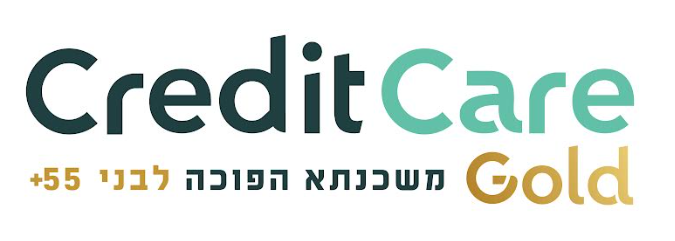From the middle of the previous decade began a large movement of foreign residents (ie, those who do not live in Israel) who buy apartments in Israel for vacation in Israel, for a relative living in Israel, especially children who "did it" and, to my delight, there are those who prefer to invest in Israel for motives. Zionists ".
In recent years, too, there has been a trend of foreign residents investing in real estate in Israel, and a number of main factors are influencing this continuing trend:
1. Cheap interest rates and low financing terms.
2. Proper returns generated by the real estate market in Israel.
3. Anti-Semitism in the world and the desire for real estate security in Israel.
Today, tens of thousands of apartments in Israel are owned by foreign residents. Most of the purchases by foreign residents are in Jerusalem and Tel Aviv, but such purchases can also be found in Netanya, Ashdod, Ashkelon and also in Raanana and Eilat.
Who is considered a foreign resident?
Foreign resident This is a definition that exists in the law. These are people whose very center of life is not in the country. The law stipulates that a person who is outside Israel for 183 days a year or more for two years and for the next two years the center of his life was not in Israel.
Percentage of financing
The maximum percentage of financing that a foreign resident can receive is the same in the definitions of the percentage of financing that an Israeli resident can receive. There is no provision and / or law that restricts beyond the existing regulation the issue of funding percentages for foreign residents.
In fact, in Israel, banks allow nonresidents to take out a mortgage of up to 50% of the value of the property, regardless of whether he has other apartments abroad or in Israel. Since the basic premise is that a nonresident seeking an apartment in Israel already has an apartment abroad, the apartment purchased is considered As an investment apartment.
By the way, a foreign resident with an Israeli ID card who does not own a property in Israel will be able to be exceptionally approved for higher financing.
The mortgage can have a fixed, indexed, variable or shekel interest rate, but since the foreign resident manages most of his life in foreign currency, he has the option of taking the entire mortgage in a foreign currency-linked route, an option that is not open to an Israeli mortgagee.
Banks that specialize in providing loans to nonresidents
At the level of principle, all banks know how to give solutions to non-residents at the level of mortgage loans. At the same time, each bank has a limited number of branches that have been trained to handle this type of transaction.
From my personal experience, the Bank of Jerusalem over the years has handled this type of transaction, as well as Mizrahi Tefahot. Of course, there are also workers and Leumi, but they are less "enthusiastic" about these deals.
So how do you do that ???
Foreign residents can have a difficult task from a bureaucratic point of view and deal with the banks. From time immemorial, granting mortgages to foreign residents has not been an easy task in relation to granting mortgages to residents of the country and its citizens.
However, with proper and effective care while having access to the right banks, it is possible to get a mortgage relatively quickly, without any problems and on good terms.
In conclusion,
First, it is better to immigrate to Israel …
And in any case, if you still live abroad and want to buy an apartment – talk to the experts.
Do right what is right to do!

משכנתא הפוכה
מהי משכנתא הפוכה? בעידן בו יוקר המחייה עולה, והשכר או הגימלה כמעט לא משתנים,נוצר קושי כלכלי משמעותי לרוב האנשים בגילאי בגילאי 55 ומעלה, במיוחד לגימלאים,

